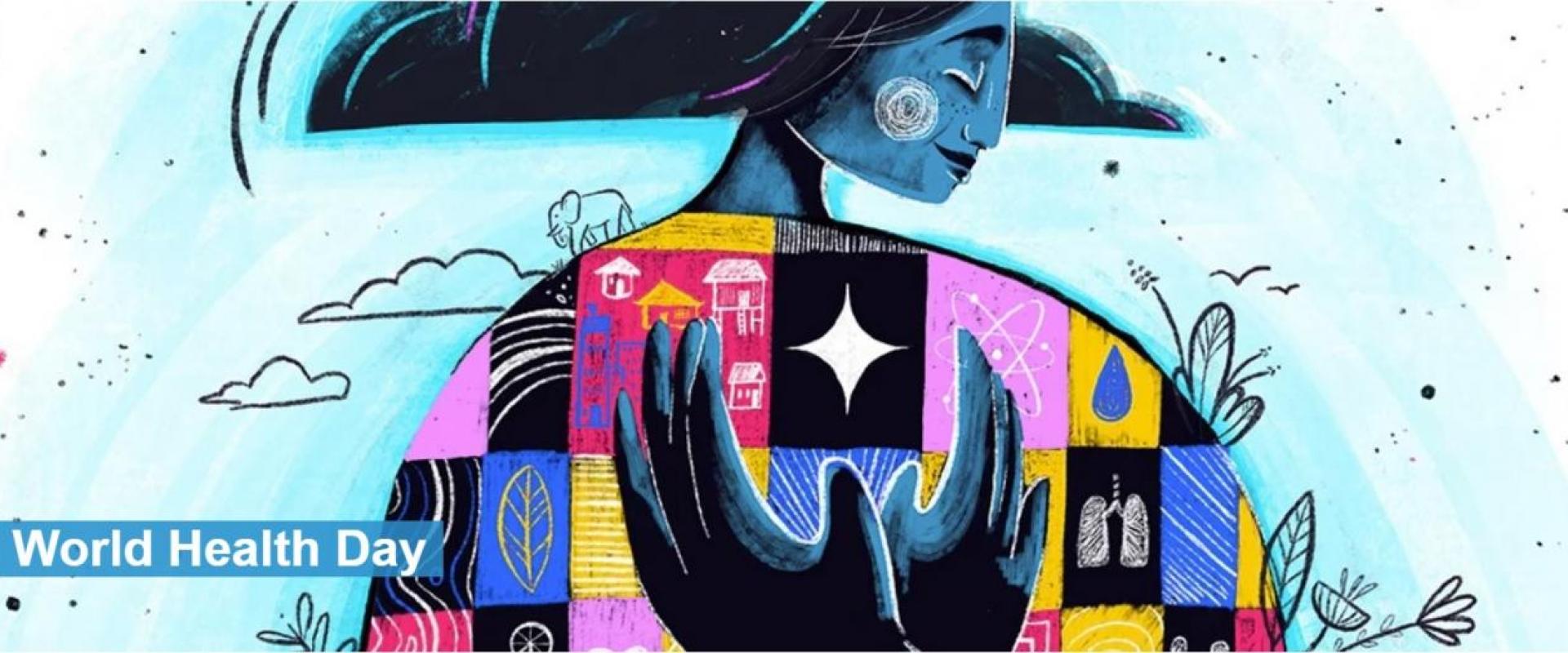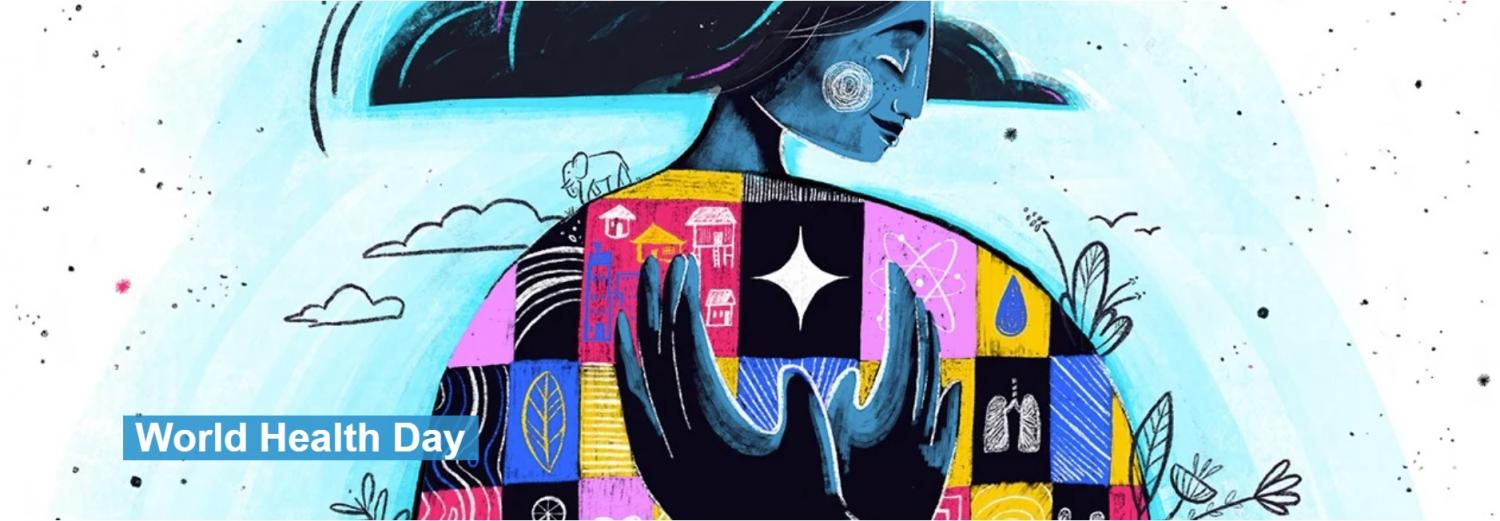
World Health Day 2025

World Health Day: Essential SDG Resources for a Healthier Planet
World Health Day is an annual event celebrated on the 7th of April, aimed at raising awareness about the importance of global health and drawing attention to key health challenges. Organised by the World Health Organization (WHO), this day is an opportunity for individuals, communities, and organisations worldwide to come together and work towards achieving the Sustainable Development Goals (SDGs) related to health.
In this comprehensive guide, we will delve into the significance of World Health Day, its history, and its connection to the SDGs. We will also provide essential resources for understanding and promoting health-related SDGs, as well as practical tips on how you can contribute to a healthier world.
World Health Day: History and Importance
World Health Day was established in 1948 by the WHO, which chose the 7th of April to coincide with its own founding. Since then, the event has focused on various themes and health issues each year, encouraging global efforts to address these challenges.
The importance of World Health Day lies in its ability to raise awareness about the necessity of maintaining good health for individuals and communities alike. It also provides a platform for governments, policymakers, and civil society to focus on pressing health challenges and collaborate on solutions.
Understanding the Health-Related SDGs
The United Nations' 2030 Agenda for Sustainable Development is a global plan of action aimed at ending poverty, protecting the planet, and ensuring prosperity for all. It consists of 17 SDGs, with several directly connected to health:
SDG 3: Good Health and Well-being - This goal aims to ensure healthy lives and promote well-being for all at all ages. It encompasses a wide range of targets, from reducing maternal and child mortality to combating communicable diseases and promoting mental health.
SDG 6: Clean Water and Sanitation - Access to clean water and sanitation is crucial for maintaining good health. This goal seeks to ensure availability and sustainable management of water and sanitation for all.
SDG 2: Zero Hunger - Adequate nutrition is essential for good health. This goal seeks to end hunger, achieve food security, improve nutrition, and promote sustainable agriculture.
Essential Resources for World Health Day and SDGs
To better understand and promote the health-related SDGs, the following resources can provide valuable information and insights:
a) The World Health Organization (WHO) - The WHO's website offers a wealth of information on various health topics, as well as resources related to World Health Day and the SDGs. b) The United Nations' Sustainable Development Goals (UN SDGs) - The official UN SDGs website offers in-depth information on each goal, including facts, figures, and progress reports. c) The Global Health Observatory (GHO) - The GHO is an online platform providing access to data, analyses, and reports related to global health, including statistics on the SDGs.
Practical Tips for Supporting Health-Related SDGs on World Health Day
Individuals and communities can actively support the health-related SDGs in various ways:
a) Educate Yourself and Others - Learn about the SDGs and their connection to health. Share this knowledge with friends, family, and colleagues to raise awareness.
b) Advocate for Health Policies - Engage with policymakers, urging them to implement and support policies that promote health and well-being.
c) Volunteer - Join local health-focused organisations or initiatives, offering your time and skills to support their efforts.
d) Promote Healthy Living - Encourage healthy habits within your family and community by promoting regular exercise, a balanced diet, and mental well-being.
e) Support Clean Water and Sanitation Projects - Donate to or volunteer with organisations working to improve access to clean water and sanitation in underprivileged areas.
f) Reduce Food Waste - Be mindful of your food consumption and waste, and support initiatives that aim to reduce food waste and promote sustainable agriculture.
| Year | Theme | About |
|---|---|---|
| 2014 | Vector-borne diseases | Focuses on diseases like malaria, dengue, leishmaniasis, and yellow fever. Campaign emphasizes precautions to protect against vectors. |
| 2015 | Food Safety | Highlights risks associated with unsafe food, contributing to diseases such as diarrhoea and cancers. Encourages global cooperation to ensure food safety. |
| 2016 | Beat Diabetes | Emphasizes the increase in global diabetes rates, focusing on prevention, treatment, and effective management of diabetes. |
| 2017 | Depression: let's talk | Focuses on reducing the stigma associated with depression, encouraging open discussions for better management of this mental health condition. |
| 2018 | Universal health coverage: everyone, everywhere | Advocates for universal health access without financial hardship, emphasizing health as a human right. |
| 2019 | Health for all: everyone, everywhere | Continues the push for universal health coverage, stressing the importance of accessible healthcare to improve global health outcomes. |
| 2020 | Support nurses and midwives | Recognizes the crucial role of nurses and midwives in health systems, especially highlighted during the COVID-19 pandemic. |
| 2021 | Building a fairer, healthier world | Addresses global health inequities exacerbated by COVID-19, promoting a coordinated approach to improve health conditions for all. |
| 2022 | Our planet, our health | Focuses on environmental health threats like pollution and climate change, urging actions to create well-being societies with sustainable practices. |
| 2023 | Health For All | Marks WHO's 75th anniversary by reflecting on past public health achievements and urging continued efforts towards global health equity. |
| 2024 | My health, my right | Champions the right to quality health services and healthy environments, highlighting legal protections and social determinants of health. |
